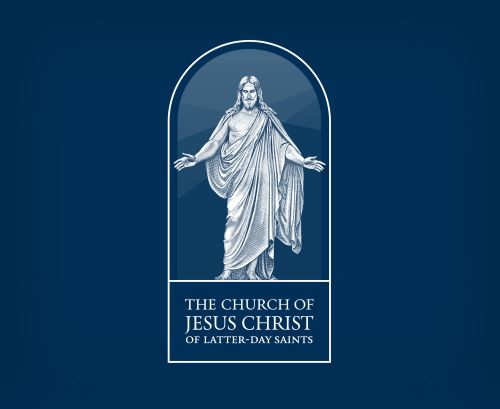1 Nephi 11:1
For it came to pass after I had desired to know the things that my father had seen, and believing that the Lord was able to make them known unto me, as I sat apondering in mine heart I was bcaught away in the Spirit of the Lord, yea, into an exceedingly high cmountain, which I never had before seen, and upon which I never had before set my foot.
Helaman 10:2-3
2 And it came to pass that Nephi went his way towards his own house, pondering upon the things which the Lord had shown unto him.
D&C section 138:
1 On the third of October, in the year nineteen hundred and eighteen, I sat in my room pondering over the scriptures;
2 And reflecting upon the great atoning sacrifice that was made by the Son of God, for the redemption of the world;
3 And the great and wonderful love made manifest by the Father and the Son in the coming of the Redeemer into the world;
4 That through his atonement, and by obedience to the principles of the gospel, mankind might be saved.
5 While I was thus engaged, my mind reverted to the writings of the apostle Peter, to the primitive saints scattered abroad throughout Pontus, Galatia, Cappadocia, and other parts of Asia, where the gospel had been preached after the crucifixion of the Lord.
6 I opened the Bible and read the third and fourth chapters of the first epistle of Peter, and as I read I was greatly impressed, more than I had ever been before, with the following passages:
7 “For Christ also hath once suffered for sins, the just for the unjust, that he might bring us to God, being put to death in the flesh, but quickened by the Spirit:
8 “By which also he went and preached unto the spirits in prison;
9 “Which sometime were disobedient, when once the longsuffering of God waited in the days of Noah, while the ark was a preparing, wherein few, that is, eight souls were saved by water.” (1 Peter 3:18–20.)
10 “For for this cause was the gospel preached also to them that are dead, that they might be judged according to men in the flesh, but live according to God in the spirit.” (1 Peter 4:6.)
11 As I pondered over these things which are written, the eyes of my understanding were opened, and the Spirit of the Lord rested upon me, and I saw the hosts of the dead, both small and great.
For it came to pass after I had desired to know the things that my father had seen, and believing that the Lord was able to make them known unto me, as I sat apondering in mine heart I was bcaught away in the Spirit of the Lord, yea, into an exceedingly high cmountain, which I never had before seen, and upon which I never had before set my foot.
Helaman 10:2-3
2 And it came to pass that Nephi went his way towards his own house, pondering upon the things which the Lord had shown unto him.
D&C section 138:
1 On the third of October, in the year nineteen hundred and eighteen, I sat in my room pondering over the scriptures;
2 And reflecting upon the great atoning sacrifice that was made by the Son of God, for the redemption of the world;
3 And the great and wonderful love made manifest by the Father and the Son in the coming of the Redeemer into the world;
4 That through his atonement, and by obedience to the principles of the gospel, mankind might be saved.
5 While I was thus engaged, my mind reverted to the writings of the apostle Peter, to the primitive saints scattered abroad throughout Pontus, Galatia, Cappadocia, and other parts of Asia, where the gospel had been preached after the crucifixion of the Lord.
6 I opened the Bible and read the third and fourth chapters of the first epistle of Peter, and as I read I was greatly impressed, more than I had ever been before, with the following passages:
7 “For Christ also hath once suffered for sins, the just for the unjust, that he might bring us to God, being put to death in the flesh, but quickened by the Spirit:
8 “By which also he went and preached unto the spirits in prison;
9 “Which sometime were disobedient, when once the longsuffering of God waited in the days of Noah, while the ark was a preparing, wherein few, that is, eight souls were saved by water.” (1 Peter 3:18–20.)
10 “For for this cause was the gospel preached also to them that are dead, that they might be judged according to men in the flesh, but live according to God in the spirit.” (1 Peter 4:6.)
11 As I pondered over these things which are written, the eyes of my understanding were opened, and the Spirit of the Lord rested upon me, and I saw the hosts of the dead, both small and great.
Book of Mormon Introduction:
... We invite all men everywhere to read the Book of Mormon, to ponder in their hearts the message it contains, and then to ask God, the Eternal Father, in the name of Christ if the book is true. Those who pursue this course and ask in faith will gain a testimony of its truth and divinity by the power of the Holy Ghost. (See Moroni 10:3–5.)
JPS

